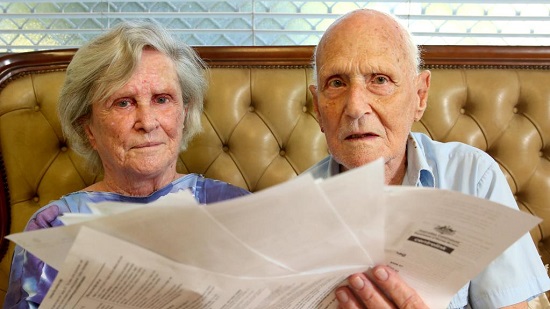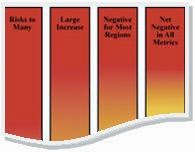
I’m a bit of a sports nut, so we’ve had plenty of tennis watching in the last month. When we were first married we used to get up in the middle of the night and watch Björn Borg play Wimbledon. Can’t do that now, so it’s pretty much the Australian season.
This year was a celebration of the oldies, with no-one under 30 in the men’s or women’s finals. Serena Williams at 35, beating her older sister Venus (36) always looked inevitable, an unstoppable force. Roger Federer and Rafael Nadal was a pure gift. Federer had no right to be there at age 35. Nadal is 30 and shouldn’t be there either. I thought Nadal would win, but I thought the match had nothing to do with who was the best player in the modern era.
The play was amazing. Federer rained down 20 aces to Nadal’s four, but Nadal’s serve was the more consistent. 73 winners flowed from Federer’s racquet to Nadal’s 35, but Federer was also making twice as many unforced errors. However, Federer’s strategy of attack paid off, winning five games in a row in the final set, after looking out of it, down a break at 1-3.
There is no single criterion for judging who is the ‘best player’, but the perception for many was that Nadal was better because he had a better head-to-head record with Federer, and dominance over Federer in Grand Slams since 2008, ignoring the fact that Nadal’s dominance only started when Federer was 27, arguably past his best, and Nadal five years younger was entering his prime. Federer winning has made some people think again, and so they should. Continue reading Federer rules, for now





 President Trump’s
President Trump’s 
 The message of the book can be simply stated. With the industrial revolution work was deemed intrinsically good, and more was better. It was preached from the pulpits. The poor had utility as a reserve workforce, to keep the cost of labour down.
The message of the book can be simply stated. With the industrial revolution work was deemed intrinsically good, and more was better. It was preached from the pulpits. The poor had utility as a reserve workforce, to keep the cost of labour down.
